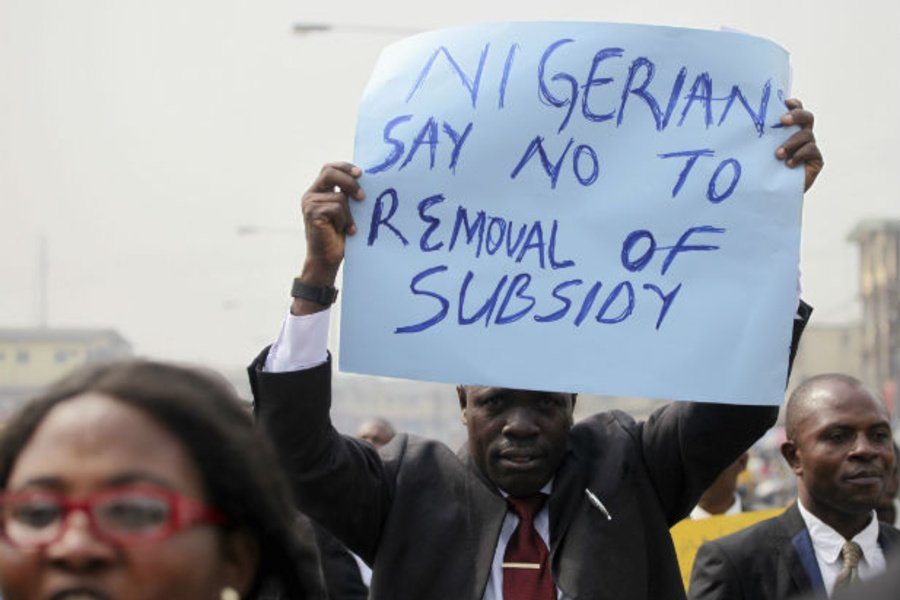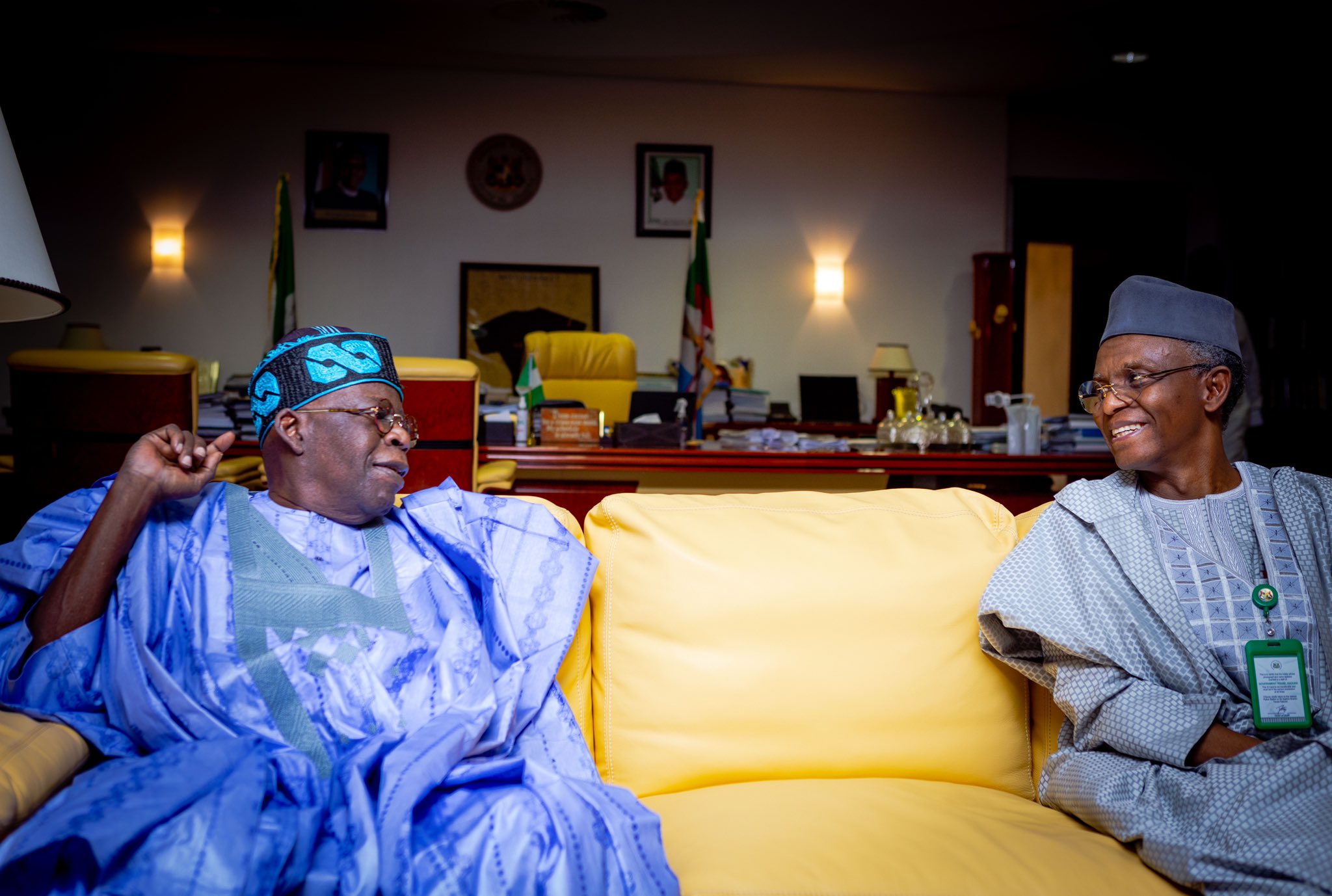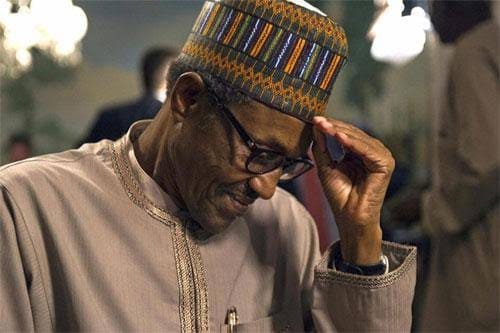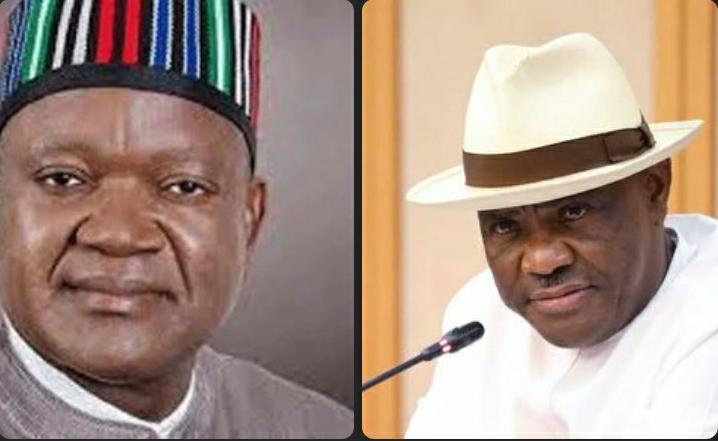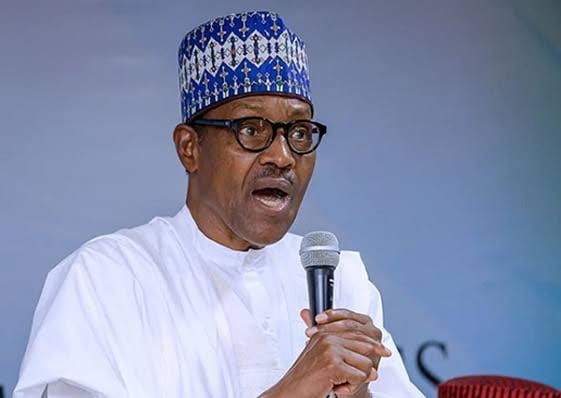Fuel Subsidy: Thoughts and Reflections
By Bilyamin Abdulmumin Since the return of democracy in Nigeria, successive governments have contemplated removing fuel subsidies. The then government of President Olusegun Obasanjo (OBJ) saw multiple fuel price hikes,…
